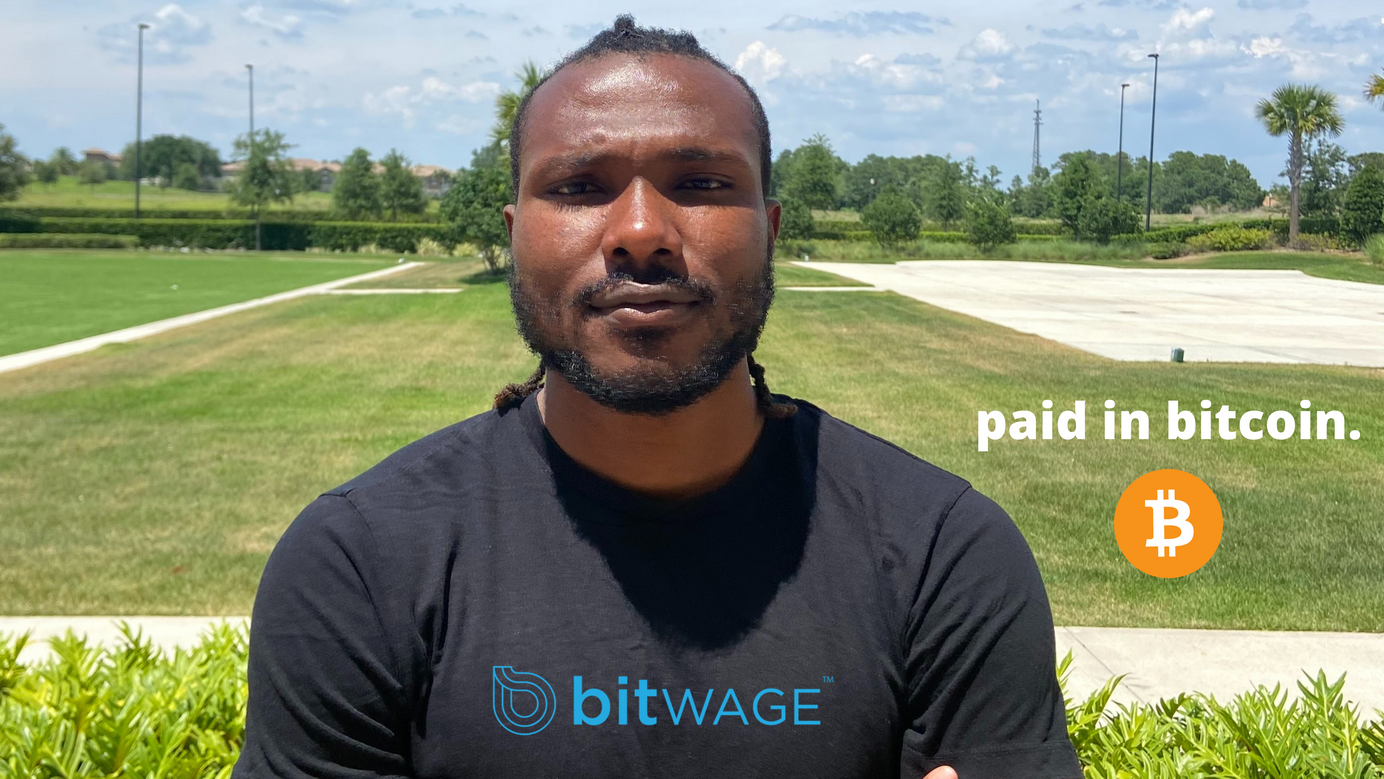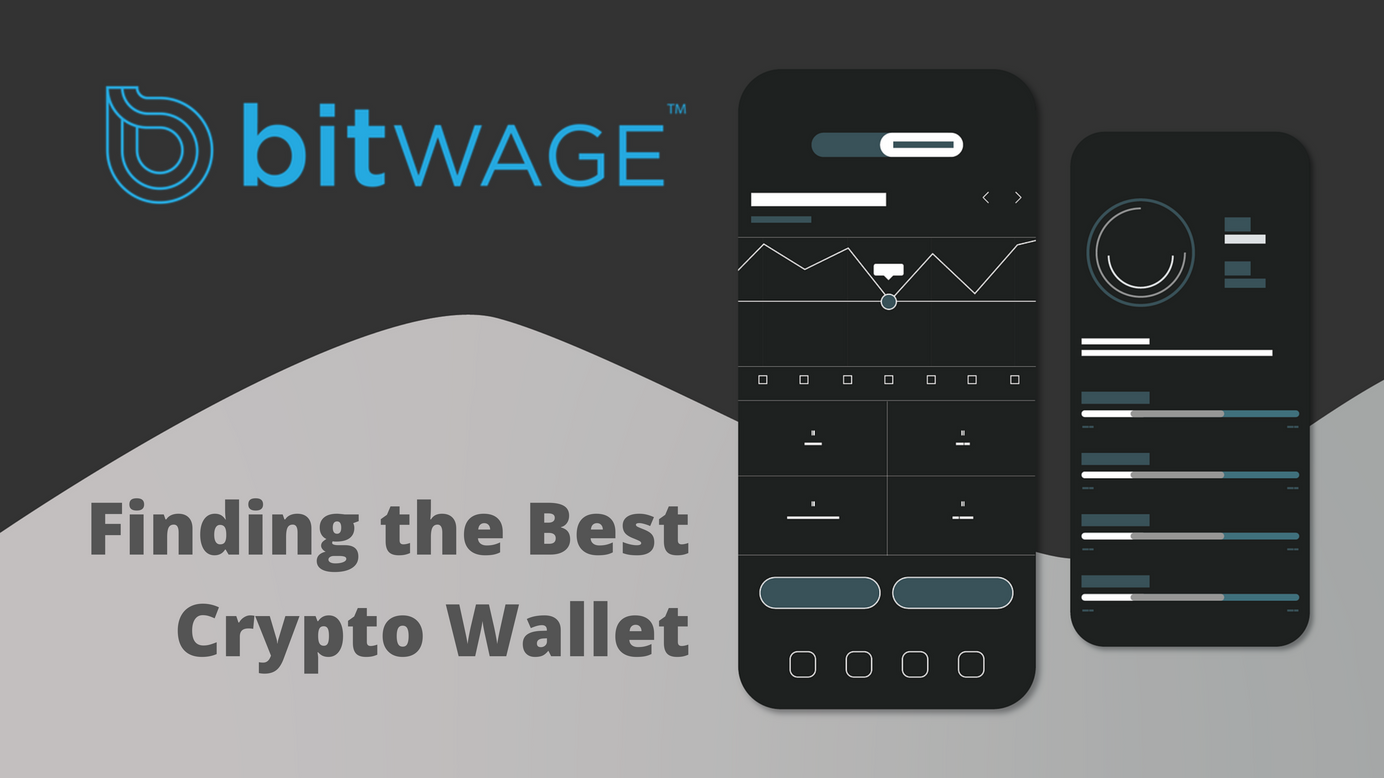
We've integrated SegWit and Look Forward to Bitcoin's Lightning Network
Table of Contents
Bitwage, the crypto payroll company founded in 2014, has implemented direct support for Segregated Witness addresses for our Bitcoin payroll outputs. We are glad to be supporting this important improvement to the Bitcoin protocol. Reduced fees from SegWit implementation will allow us to offer users a better value for our services.
After SegWit became available on the Bitcoin Network on August 27th of 2017, Bitwage offered an immediate way to take advantage: by allowing users to add P2SH-P2WPKH wrappers (short for Pay to Script Hash – Pay to Witness Public Key Hash). This worked great as an interim solution, but we are glad to now be offering full support.
Among the scaling debates taking place in the Bitcoin community of the past year, Bitwage views SegWit as a positive development. We look forward to more improvements and community growth in the future, as this leads to higher liquidity and lower fees for users receiving their wages in Bitcoin.
We are also looking forward to the launch of the Lightning Network, the off-chain payment channel scaling solution for Bitcoin. Lightning Network adoption should lower fees for everyone and allow Bitwage to get users their Bitcoin even more quickly. For users who already have other lightning channels open, getting your wage directly into the lightning network can reduce the cost and time associated with opening a new lightning channel to fill up funds.
Lightning should open up a variety of use cases including micropayments, cross-chain payments, and exchange arbitrage. For those move part of their crypto assets from Bitcoin to other coins, this could eliminate the need for trusted third-party custodians (i.e. getting your Bitcoin to a hardware wallet, sending to an exchange to sell, then sending alt-coins to a hardware wallet). We would encourage everyone to read the lightning.network white paper for more details on the technical basis and future of the network.
Photo via flickr










